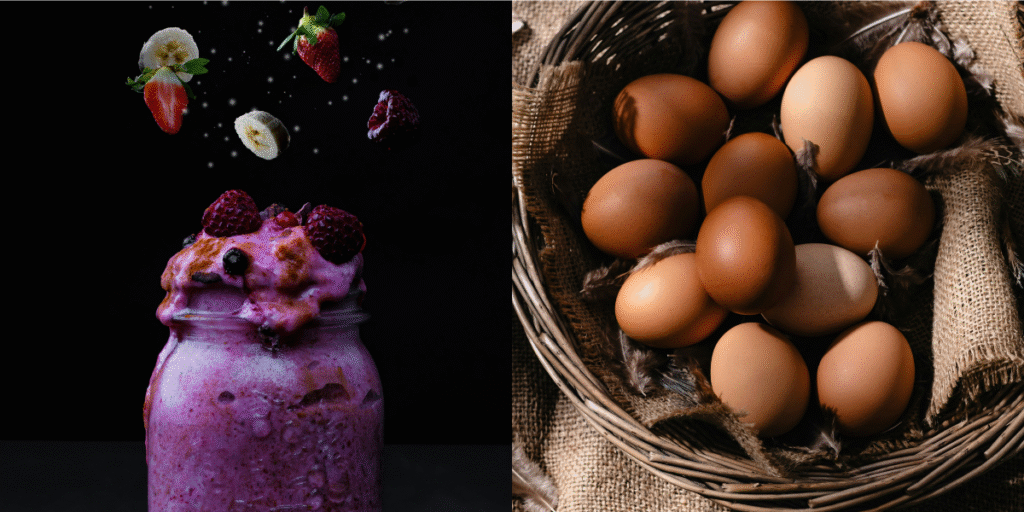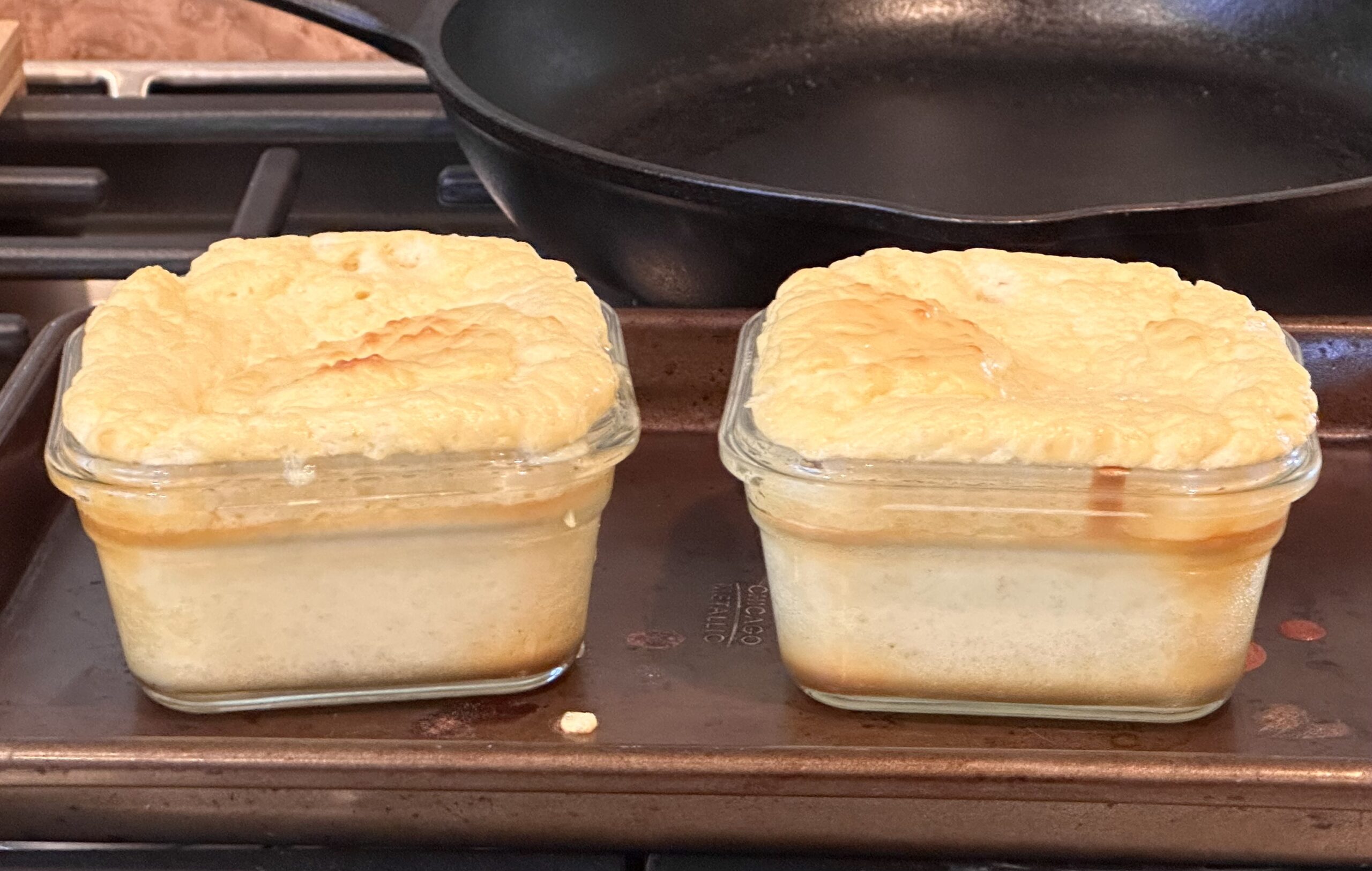Dear Friends,
I have a deep passion for homeopathy, but it’s just one of the many ways I prioritize my health and well-being.
In my practice, I focus on caring for women while also educating and modeling effective self-care practices. I offer remedies for both chronic and acute conditions, but I also encourage a self-care mindset—one that empowers each person to take responsibility for the small choices that can maintain, improve, and optimize their health.
I have established several daily practices that contribute to my mental and physical wellness, enhancing my overall quality of life. I’ve shared some of these with you in the past; see my articles on cold exposure and meditation. I love to share these practices with you, highlighting both the scientific backing and personal anecdotes that illustrate how they’ve positively impacted my life.
Today, I want to spotlight the importance of protein in our diets. Emphasizing proper protein intake has made a significant difference in my health, and I believe it can transform yours as well. Consuming adequate protein is crucial for maintaining strong muscles and bones, and it plays a vital role in numerous bodily functions, including:
MUSCLE REPAIR AND GROWTH: Protein is essential for repairing tissues after exercise or injury, supporting muscle strength and recovery. Here is a highlight from this article on protein intake:
One study split women into two groups, high-protein intake (2.5 g per kg of bodyweight) and low-protein intake (0.9 g per kg of bodyweight), with both groups performing the same 8-week resistance training program. Both groups increased strength at similar rates, but the high-protein group added more than triple the muscle than the low-protein group, with fat mass decreasing in the high-protein group and remaining unchanged in the low-protein group.
BONE HEALTH: Protein consumption has been linked to increased bone density and strength, helping to reduce the risk of fractures and osteoporosis. Here is a highlight from this article on bone health.
Despite a widely held belief that high-protein diets (especially diets high in animal protein) result in bone resorption and increased urinary calcium, higher protein diets are actually associated with greater bone mass and fewer fractures when calcium intake is adequate.
IMMUNE FUNCTION: Adequate protein intake supports the production of antibodies and other immune factors, enhancing your body’s ability to fight infections. From this article from the British Journal of Nutrition:
A deficiency of dietary protein or amino acids has long been known to impair immune function and increase the susceptibility of animals and humans to infectious disease. Findings from recent studies indicate an important role for amino acids in immune responses by regulating: (1) the activation of T lymphocytes, B lymphocytes, natural killer cells and macrophages; (2) cellular redox state, gene expression and lymphocyte proliferation; and (3) the production of antibodies, cytokines and other cytotoxic substances.
HORMONAL BALANCE: Protein is necessary for the synthesis of various hormones, contributing to mood stability and overall health. Here is an excerpt from this excellent article:
Protein is a macronutrient and is essential for health. Amino acids are the building blocks of protein. There are 20 amino acids, 9 of which are essential, meaning the body can not make them and so they must be ingested through food. For women’s hormones in particular protein is essential to help aid the communication and effect of hormones throughout the body. In order for a hormone to do its job in the body, it must be accepted by multiple cell receptors all throughout the body, most cell receptors are proteins and thus they assist in helping all hormones perform their role. Protein is also essential for blood sugar balance, maintaining cellular structure and aiding in tissue repair. Protein is the building block of most of the hormones secreted by the pituitary gland eg. FSH, LH, TSH and prolactin. These hormones are peptide hormones that directly govern the release of our steroid hormones estrogen, testosterone and progesterone. Our pituitary hormones are responsible for making ovulation happen and without them, we can not make adequate hormones. A low protein diet has been linked with low growth hormone, low estrogen (and consequently low progesterone or lack of ovulation) autoimmunity and compromised thyroid function (1). Low protein diets are also associated with low prolactin levels during lactation which could interfere with breastmilk supply (2).
SUSTAINED ENERGY: Consuming protein with every meal and snack helps regulate blood sugar levels, preventing blood sugar crashes and provides instead a stable energy pattern throughout the day. An excerpt from this article:
Eating protein from meat and fish, tofu, nuts, eggs, and cheese, along with carbs, can slow the flow of glucose and help stabilize blood sugar. “Proteins hold back the sugars, slow them down, and then release them into the bloodstream slowly so that your blood sugar stays in a more normal range.”
As a homeopath, I believe in the synergy between nutrition and homeopathic remedies. Together, they can lead to optimal health and well-being. I encourage you to assess your protein sources—include a variety of whole foods, such as beef, chicken, lamb, fish, legumes, nuts, and dairy, tailoring your intake to your specific health needs. Read on to find out how much and how often.
MORE DETAILS ON OPTIMIZING PROTEIN:
- Many nutrition and women’s health experts recommend 1 gram of protein per pound of ideal body weight daily.
- Dr. Stacy Sims’ article on protein intake for women.
- Check out this short video with Andrew Huberman and Dr. Gabrielle Lyon.
- Only about 30-40 grams of protein can be absorbed in one sitting. Therefore, to get in enough protein, divide your total protein intake into 4-5 meals, and eat an equal amount at every meal – especially and including breakfast!
- Breakfast ideas: smoothie with protein powder, yogurt, berries and granola, eggs and bacon, or my very own vanilla protein souffles (recipe below)!
- If you are not hungry in the morning, try protein coffee. I didn’t used to be hungry in the morning, but I learned it’s better for a woman my age to eat within an hour of waking, so I trained myself to eat – and now I’m hungry when I get up. Learn more about this here.
- Read labels and use a macro tracker app like MacrosFirst, Carbon, or MyFitnessPal to begin to understand how much protein is in your various protein sources like eggs (6g), 4 oz chicken breast (33g), 6 oz greek yogurt (16g), 6 oz salmon (35g), ¼ c. cashews (10g), and so on.
- Eat the protein on your plate first, so you fill up on the important things first.
Making my protein-forward diet has changed my life. I am leaner, fitter and I have gained 5 pounds of muscle in one year. The only reason I didn’t focus on protein before is because I didn’t know all the nitty gritty details. I’m so happy to share my knowledge with you in hopes that it can change your life as well!
Vanilla Protein Souffle recipe: 2 servings
2 oz nonfat Greek yogurt
1 Tb maple syrup
½ tsp vanilla
1 egg
1/2 scoop (13 g) vanilla protein powder (I like Momentous brand)
1. Add all ingredients to blender or cuisinart.
2. Blend until smooth. Scrape down anything stuck on the sides and blend again.
3. Pour into 2 13 oz. ramekins or oven safe containers.
4. Bake at 350 degrees for 25-30 minutes until the centers are not liquidy. They will jiggle a little bit but hold their form when you wiggle the pan, like a souflee. They will deflate as they cool.
5. To serve, add berries and ¼ cup greek yogurt, and a drizzle of maple syrup if you like. They are good cold or warm out of the oven!
– I sometimes add 2 oz of cooked rice to each souffle if I need more carbs.
– Takes 5 minutes to prep.
– I like to use round oven safe glass storage containers with snap on lids for easy fridge storage and easy clean up.
– Use large enough containers that there is space at the top for them to expand. They may overflow as they bake if they are too small. I recommend putting them on a baking sheet so if they overflow they won’t get all over the oven (yes, lesson learned!).
– They will puff up like a souffle, don’t put them too high in the oven or they will get on the heating unit (yes, lesson learned!).
Protein: 30 grams (if you add yogurt on top)
Calories: 193
Fat: 5 g
Carbs: 12 g






